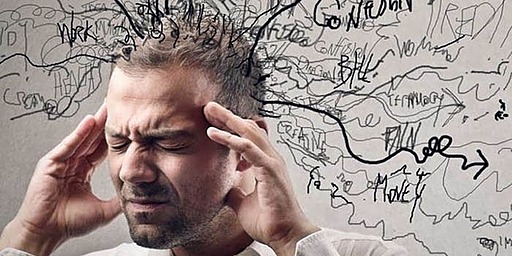Reducing daily anxiety may sound daunting (and provoke more anxiety!) but sometimes it’s the simple, quick, super-easy steps you take to reduce anxiety that have the biggest impact.
Check out these quick tips and start living a healthier, calmer, and happier, life immediately.
- Cut down on foods and drinks that have caffeine, such as coffee, tea, cola, energy drinks and chocolate. Caffeine is a mood-altering drug, and it may make symptoms of anxiety disorders worse.
- Eat right and exercise regularly. Brisk aerobic exercises like jogging and biking help release brain chemicals that cut stress and improve your mood and can help calm your mind and body.
- Make good sleep a priority. Sleep problems and anxiety disorder often go hand in hand. Get a good night’s rest on a regular basis and follow a regular sleep routine (e.g. go to bed at the same time each night, never use the bedroom for watching television, working or answering e-mails and texting).
- Learn to manage stress. Learning to manage stress can help reduce anxiety. Keep an eye on pressures and deadlines, compile lists to make daunting tasks more manageable, and commit to taking time off from study or work.
- Learn relaxation techniques. Simple activities can be used to relax mental and physical signs of anxiety. These include meditation, deep breathing exercises, long baths, resting in the dark and yoga.
- Challenge yourself to replace negative thoughts with positive ones. Make a list of the negative thoughts you experience, and write down a list of positive, believable thoughts to replace them. Picturing yourself successfully facing and conquering a specific fear can also be beneficial if the anxiety symptoms are related to a specific cause.
- Use your support network. Talk with a person who is supportive, such as a family member or friend.
Learning that you have an anxiety disorder may bring relief. The good news is that anxiety disorders are among the most treatable of all mental health conditions and disorders.
References:
- Managing stress. National Alliance on Mental Health. Retrieved September 29, 2018 from: http://www.nami.org/Find-Support/Living-with-a-Mental-Health-Condition/Managing-Stress.
- Rose RD, et al. (2013). A randomized controlled trial of a self-guided, multimedia, stress management and resilience training program. Behaviour Research and Therapy. 51:106.
- Stress. National Center for Complementary and Integrative Health. Retrieved September 29, 2018 from: https://nccih.nih.gov/health/stress.
Note: The
contents on Avail such as text, graphics, images, and information is not
intended to be a substitute for professional medical advice, diagnosis, or
treatment. Always seek the advice of your physician or other qualified health
provider with any questions you may have regarding a medical condition. Never
disregard professional medical advice or delay in seeking it because of
something you have read on this or any other website.













